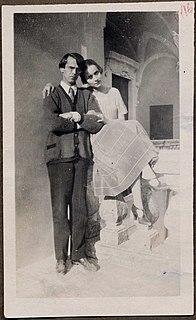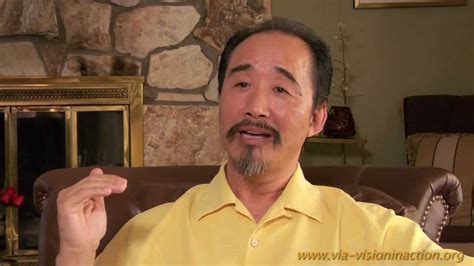A Quote by Carl Jung
The self as the essence of individuality is unitemporal and unique; as an archetypal symbol it is a God-image and therefore universal and eternal.
Related Quotes
I believe the word "infidel" is not particular to any religion. I believe we are all created in the image of God, in fact, we are all God, or at one with God, at our deepest core essence. I think "infidel" refers to one who does not believe that God is none other than the Self. The "infidel" is the individual personality who identifies with the body and thoughts and not the Divine Indweller. Therefore we are all "infidels" save the sacred few who have transcended the notion of the limited self. The ancient mystics of all tradtitions have said this.
Individuality in universality is the plan of creation. Each cell has its part in bringing about consciousness. Man is individual and at the same time universal. It is while realising our individual nature that we realise even our national and universal nature. Each is an infinite circle whose centre is everywhere and circumference nowhere. By practice one can feel universal Selfhood which is the essence of Hinduism. He who sees in every being his own Self is a Pandita (sage).
Our self (Soul) is maya (an illusion) where it is merely individual and finite, where it considers its separateness as absolute; it is satyam (truth) where it recognizes its essence in the universal and infinite, in the Supreme Self, in paramatman (God). This is what Christ means when he says, "Before Abraham was, I am" (i.e. before Abraham was God, who is the same that is in my soul - I am That.)
Therefore the Sage embraces Unity, and is a model for all under Heaven. He is free from self-display, therefore he shines forth; from self-assertion, therefore he is distinguished; from self-glorification, therefore he has merit; from self-exaltation, therefore he rises superior to all. Inasmuch as he does not strive, there is no one in the world who can strive with him.
He thought about science, about faith, about man. he thought about how every culture, in every country, in every time, had always shared one thing. We all had the Creator. We used different names, different faces, and different prayers, but God was the universal constant for man. God was the symbol we all shared...the symbol of all the mysteries of life that we could not understand. The ancients had praised God as a symbol of our limitless human potential, but that ancient symbol had been lost over time. Until now.
I can never know beforehand how God’s image should appear in others. That image always manifests a completely new and unique form that comes solely from God’s free and sovereign creation. To me the sight may seem strange, even ungodly. But God creates every man in the likeness of His Son, the Crucified. After all, even that image certainly looked strange and ungodly to me before I grasped it.




































